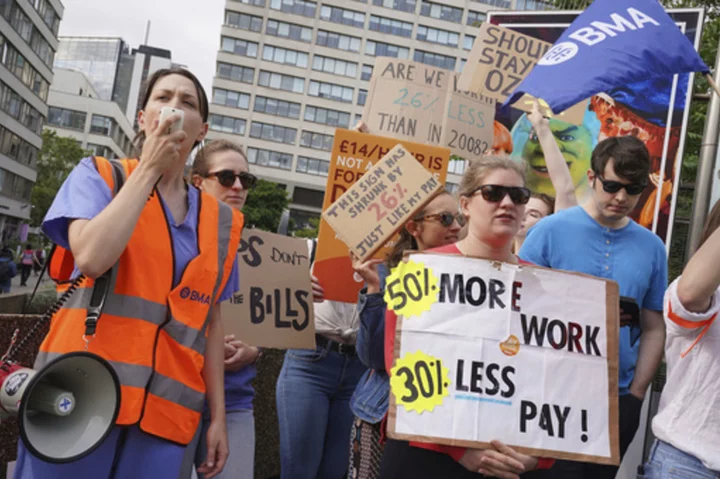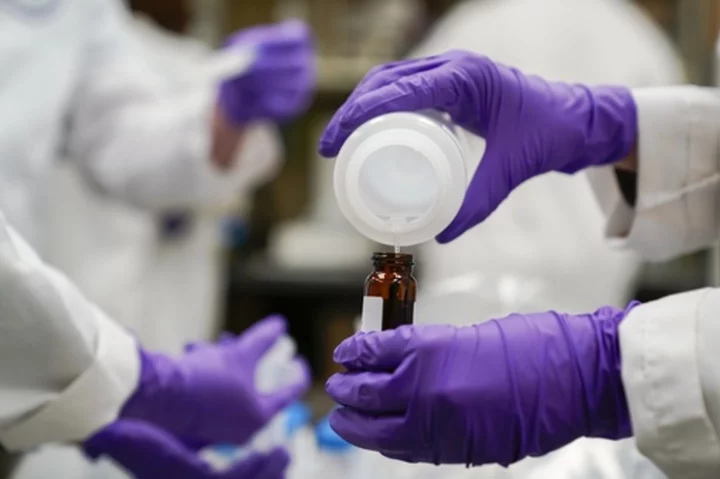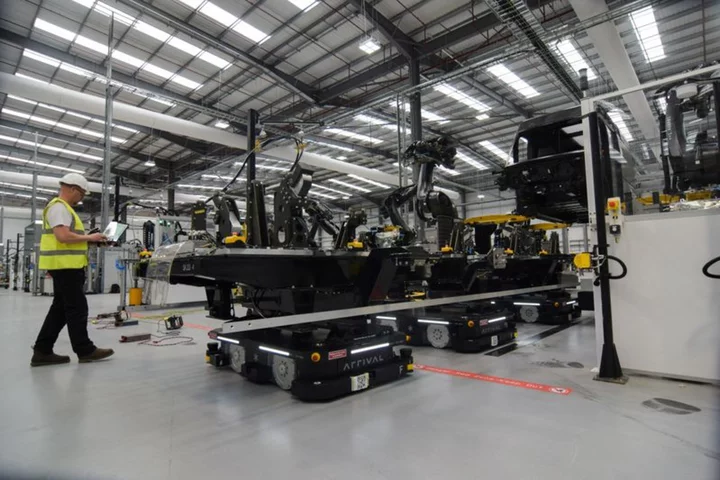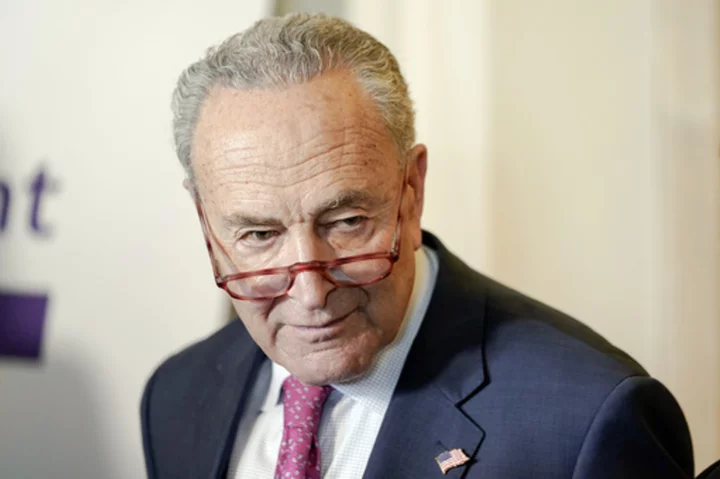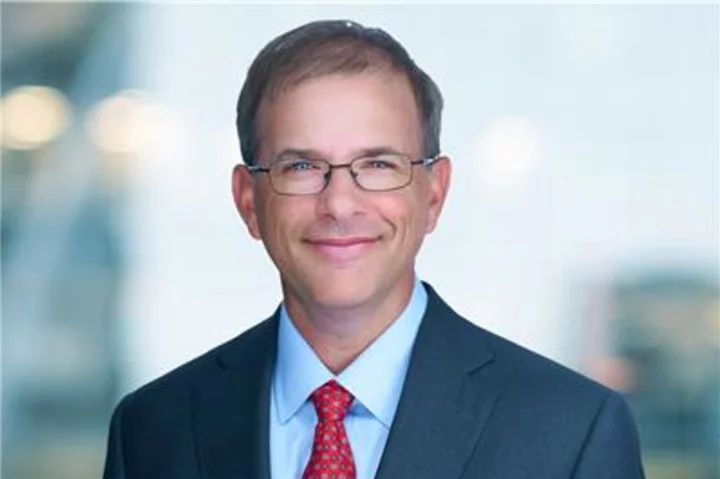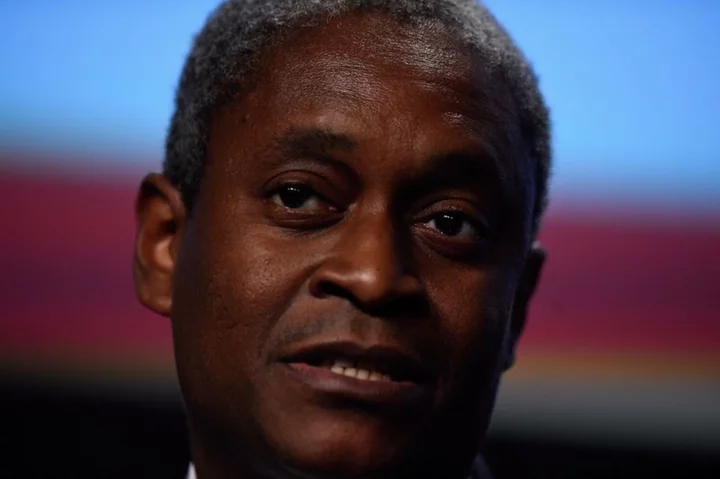LONDON (AP) — The British government offered millions of public sector workers pay raises Thursday in a bid to end an array of strikes, including a five-day walkout from doctors in Britain’s publicly funded health service.
Prime Minister Rishi Sunak confirmed that the government was accepting the recommendations from pay review bodies, which will see a 7% rise for police, 6.5% for teachers and 6% for the striking junior doctors, who are at the early stages of their careers in the National Health Service.
Sunak said the offers, which are not being funded by extra borrowing, are “final” and that there would be no more pay discussions.
“We will not negotiate again on this year’s settlements and no amount of strikes will change our decision,” he said.
The prime minister said the leaders of the teaching unions have agreed to recommend that instructors stop their strike. The question is how other unions will respond to what is in effect an ultimatum.
Junior doctors on the frontline of Thursday's walkout will face a decision on their first day of what is being described as the longest-ever strike in the National Health Service. They are asking for a 35% pay bump.
The British Medical Association, the doctors’ union, has asked for the big leap in pay to bring junior doctors’ pay back to 2008 levels once inflation is taken into account. The workload of England's 75,000 or so junior doctors also has swelled as patient waiting lists for treatment are at record highs following the coronavirus pandemic.
“Today marks the start of the longest single walkout by doctors in the NHS’s history, but this is still not a record that needs to go into the history books,” said BMA leaders Dr. Robert Laurenson and Dr. Vivek Trivedi.
Britain, like other countries, is grappling with high inflation for the first time in years. Price rises were first stoked by supply chain issues resulting from the pandemic and then by Russia’s invasion of Ukraine, which sent energy and food prices soaring. Though inflation has come down slightly from its peak — to 8.7% — it remains far above the 2% level the Bank of England is tasked to target.
The doctors' strike will cause huge disruption for the already embattled NHS, with operations and consultations postponed or even canceled.
The doctors taking the strike action say they know the impact of their walkout on the health service but insist that they have been left with no alternative.
“This isn’t a celebration, this is years of declining pay, declining conditions, frustration, and this is what has culminated as a result,” Alex Gibbs, a striking 31-year-old doctor said outside University College Hospital in north London.

